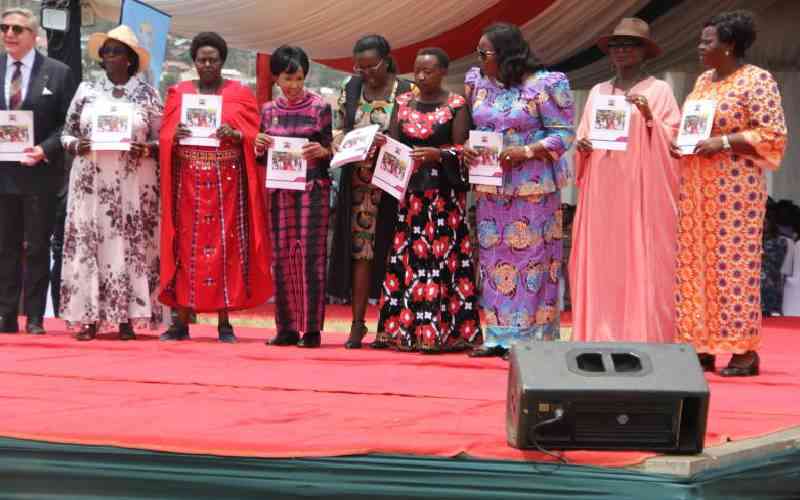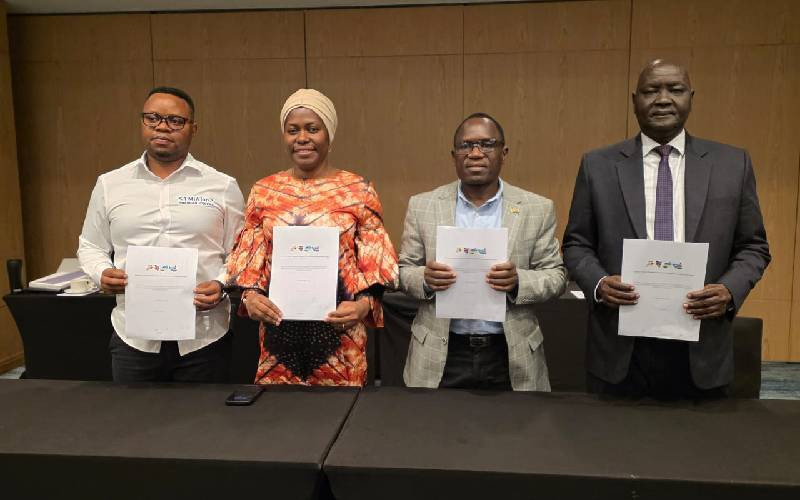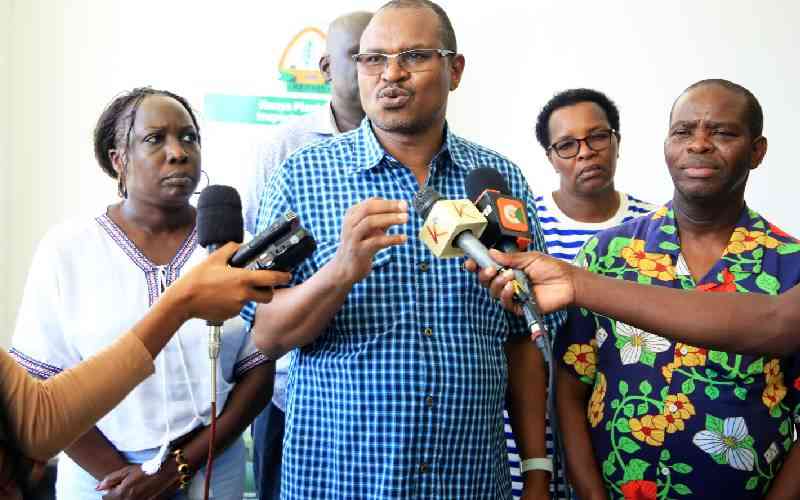
A week ago, I attended a multidisciplinary event focusing on gender and One-Health approach in Nairobi. Speakers, including scientists from around the globe, did not mention the International Women’s Day (IWD), being marked today, but, somehow, just aligned. At a different three-hour IWD precursor event later, the general focus was on women as victims of gender-based violence.
It felt like a place to just come and lament, and it was good. But beyond offering women a safe place to let out, I felt like asking “what next” for the victims, and wondered if CSOs can also use such gatherings to empower women to be solution providers in ways that will also prevent gender-based violence. Even the 1995 Beijing declaration goes beyond violence. Part of its 12 tenets focus on women and poverty eradication, education and training, health, armed conflict, economy, rights, environment, power and decision making, plus the girl-child. All these seek to promote gender inclusive strategies for all to thrive.
There is opportunity in the One Health concept, which appreciates the intertwined human and animal health, as well as the environment The 19th century concept was formally institutionalised in 2010 as a global strategy by the Food and Agriculture Organisation, World Health Organisation, and the World Organisation for Animal Health. With emerging health threats, including zoonotic diseases, those that are transferred from animals to humans, like Covid-19 and ebola, the One Health approach is a great panacea. The WHO estimates that 60 per cent of all known infectious diseases and 75 per cent of emerging ones originate from animals.







